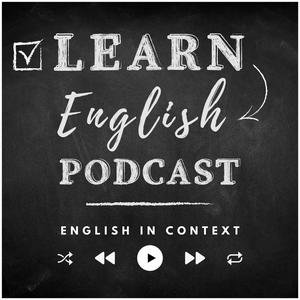🗣️This American English shadowing practice episode is designed for B1–B2 English learners who want to improve pronunciation, fluency, and listening comprehension in a short, focused session. In less than seven minutes, English learners practice shadowing connected sentences in American English to build natural rhythm, stress, and sentence flow.
Follow along with the text:
"Marilyn Monroe was a famous American actress who became a major star in Hollywood. She starred in many successful films, where she sang, danced, and performed comedy. Over time, she became one of the most recognizable faces in the world.
She became a symbol of classic Hollywood glamour. Her white dress scene became iconic around the world. Even today, her films continue to be watched and appreciated by new generations."
🎙️This episode helps ESL and EFL learners strengthen speaking confidence through structured repetition rather than grammar drills. Learners improve American English pronunciation while practicing real sentences in context. It is ideal for intermediate English learners searching for shadowing practice, pronunciation training, listening practice, and fluency development in American English.
Consistent shadowing practice helps English learners improve clarity, rhythm, and natural speech patterns while learning English through context and guided repetition.
🔔 Follow us on social media @LearnEnglishPod and visit our website:
Podcast website: https://learnenglishpod.com/
Follow us on social Media: https://linktr.ee/learnenglishpod
Take lessons with me: https://www.italki.com/en/teacher/8531387
📚Affiliate link for italki: https://www.italki.com/en/i/ref/GBBdbb
Affiliate link for Lingq: https://www.lingq.com/?referral=msusc


